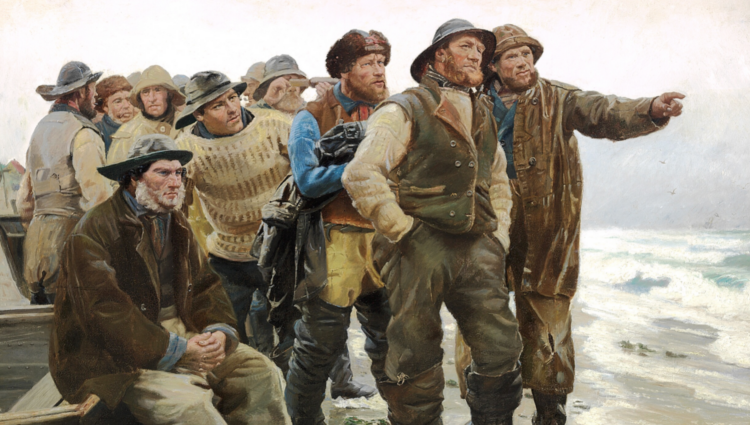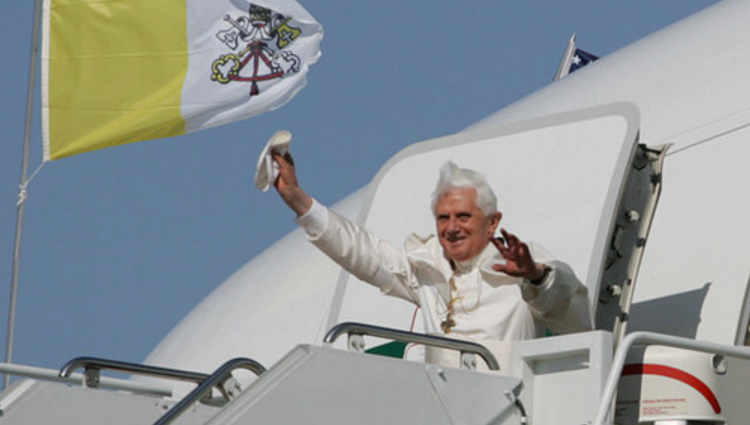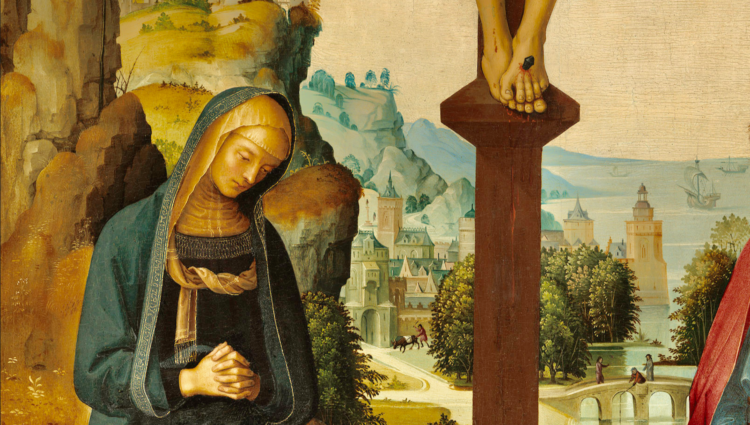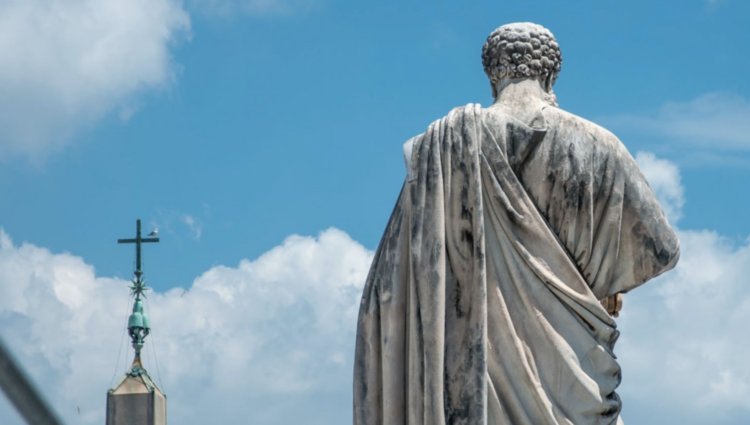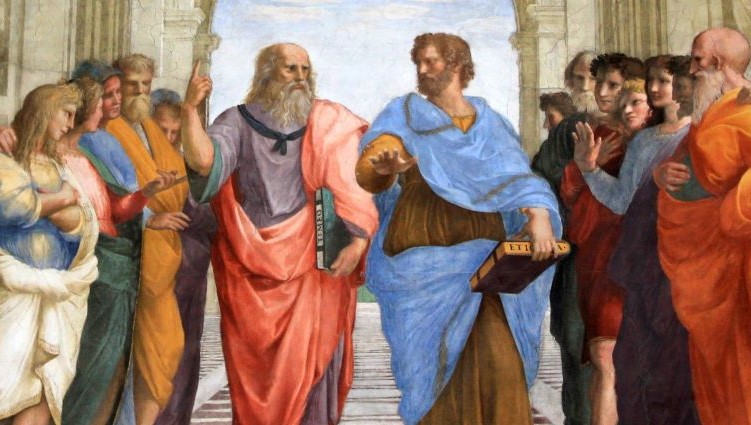On the Measure and Conservation of Human Things
The man who sets out only to be human somehow becomes less than human. We ignore the highest things at our peril. Human things are finite, incomplete; nonetheless, they are real and worthy. They are worth keeping. For the truth of knowledge is measured by the knowable object. For it is because a thing is [...]

